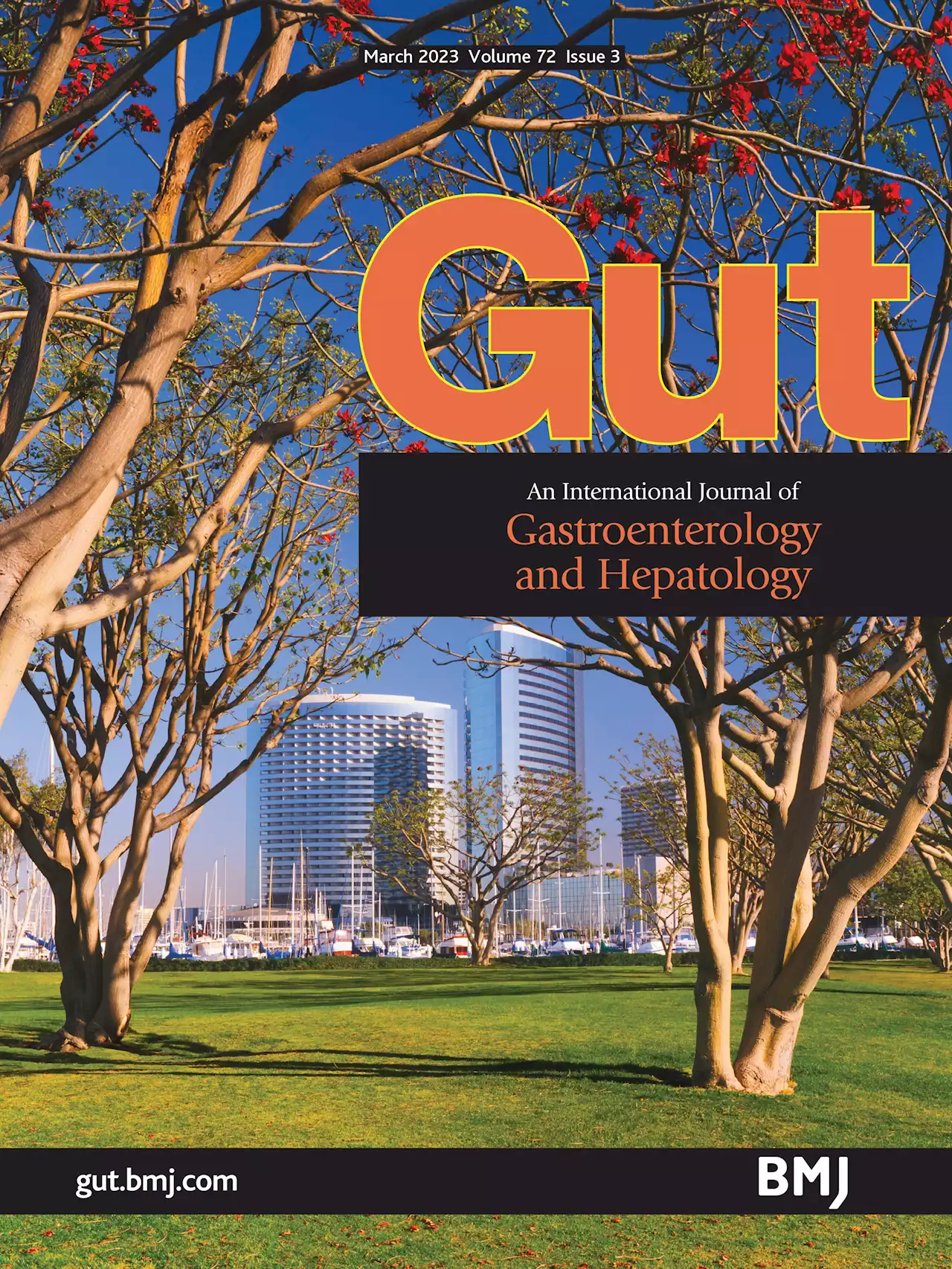The impact of long-COVID on professional soccer Soccer Football Coronavirus Disease COVID Sport LongCOVID medrxivpreprint CampusBioMedico
By Bhavana KunkalikarMar 20 2023Reviewed by Benedette Cuffari, M.Sc. *Important notice: medRxiv publishes preliminary scientific reports that are not peer-reviewed and, therefore, should not be regarded as conclusive, guide clinical practice/health-related behavior, or treated as established information.
COVID-19 in athletes Football, or soccer, is a physically demanding sport that necessitates high neuromuscular readiness, including reactivity and muscular strength. Even in mild cases, COVID-19 has significantly impacted professional athletes and has been associated with muscle weakness, inactivity, poor tolerance to physical exercise, and absence from sporting practice sessions.
Following the STROBE standards, the team performed a retrospective cohort study on soccer players from the Serie A and La Liga teams across the two seasons. Soccer players who changed their league levels and transferred to a foreign team were also included in the current study. Results Related StoriesA total of 1,283 elite soccer players, consisting of 634 Serie A players and 649 La Liga players, were included in the current study. A total of 171 Italian championship players tested positive for SARS-CoV-2, while 165 players in La Liga were SARS-CoV-2-positive.
Furthermore, the survival analysis indicated that the injury rates for the 2019-2020 season were not significantly different in the two groups. The disparity in injury rates noted between the two cohorts was statistically significant during the 2020-2021 season. Similarly, the survival analysis for the Spanish championship revealed that injury rates for the 2019-2020 season did not vary significantly, whereas, for the 2020-2021 season, the difference was statistically significant.
United Kingdom Latest News, United Kingdom Headlines
Similar News:You can also read news stories similar to this one that we have collected from other news sources.
 Post COVID-19 irritable bowel syndromeObjectives The long-term consequences of COVID-19 infection on the gastrointestinal tract remain unclear. Here, we aimed to evaluate the prevalence of gastrointestinal symptoms and post-COVID-19 disorders of gut–brain interaction after hospitalisation for SARS-CoV-2 infection. Design GI-COVID-19 is a prospective, multicentre, controlled study. Patients with and without COVID-19 diagnosis were evaluated on hospital admission and after 1, 6 and 12 months post hospitalisation. Gastrointestinal symptoms, anxiety and depression were assessed using validated questionnaires. Results The study included 2183 hospitalised patients. The primary analysis included a total of 883 patients (614 patients with COVID-19 and 269 controls) due to the exclusion of patients with pre-existing gastrointestinal symptoms and/or surgery. At enrolment, gastrointestinal symptoms were more frequent among patients with COVID-19 than in the control group (59.3% vs 39.7%, p|0.001). At the 12-month follow-up, constipation and hard stools were significantly more prevalent in controls than in patients with COVID-19 (16% vs 9.6%, p=0.019 and 17.7% vs 10.9%, p=0.011, respectively). Compared with controls, patients with COVID-19 reported higher rates of irritable bowel syndrome (IBS) according to Rome IV criteria: 0.5% versus 3.2%, p=0.045. Factors significantly associated with IBS diagnosis included history of allergies, chronic intake of proton pump inhibitors and presence of dyspnoea. At the 6-month follow-up, the rate of patients with COVID-19 fulfilling the criteria for depression was higher than among controls. Conclusion Compared with controls, hospitalised patients with COVID-19 had fewer problems of constipation and hard stools at 12 months after acute infection. Patients with COVID-19 had significantly higher rates of IBS than controls. Trial registration number [NCT04691895][1]. Data are available upon reasonable request. Data are available on reasonable request. All figures have associated ra
Post COVID-19 irritable bowel syndromeObjectives The long-term consequences of COVID-19 infection on the gastrointestinal tract remain unclear. Here, we aimed to evaluate the prevalence of gastrointestinal symptoms and post-COVID-19 disorders of gut–brain interaction after hospitalisation for SARS-CoV-2 infection. Design GI-COVID-19 is a prospective, multicentre, controlled study. Patients with and without COVID-19 diagnosis were evaluated on hospital admission and after 1, 6 and 12 months post hospitalisation. Gastrointestinal symptoms, anxiety and depression were assessed using validated questionnaires. Results The study included 2183 hospitalised patients. The primary analysis included a total of 883 patients (614 patients with COVID-19 and 269 controls) due to the exclusion of patients with pre-existing gastrointestinal symptoms and/or surgery. At enrolment, gastrointestinal symptoms were more frequent among patients with COVID-19 than in the control group (59.3% vs 39.7%, p|0.001). At the 12-month follow-up, constipation and hard stools were significantly more prevalent in controls than in patients with COVID-19 (16% vs 9.6%, p=0.019 and 17.7% vs 10.9%, p=0.011, respectively). Compared with controls, patients with COVID-19 reported higher rates of irritable bowel syndrome (IBS) according to Rome IV criteria: 0.5% versus 3.2%, p=0.045. Factors significantly associated with IBS diagnosis included history of allergies, chronic intake of proton pump inhibitors and presence of dyspnoea. At the 6-month follow-up, the rate of patients with COVID-19 fulfilling the criteria for depression was higher than among controls. Conclusion Compared with controls, hospitalised patients with COVID-19 had fewer problems of constipation and hard stools at 12 months after acute infection. Patients with COVID-19 had significantly higher rates of IBS than controls. Trial registration number [NCT04691895][1]. Data are available upon reasonable request. Data are available on reasonable request. All figures have associated ra
Read more »
 Biological BMI: Researchers dig deep into data to determine better measures of metabolic healthInstitute for Systems Biology (ISB) researchers have constructed biological body mass index (BMI) measures that offer a more accurate representation of metabolic health and are more varied, informative and actionable than the traditional, long-used BMI equation. The work was published in the journal Nature Medicine.
Biological BMI: Researchers dig deep into data to determine better measures of metabolic healthInstitute for Systems Biology (ISB) researchers have constructed biological body mass index (BMI) measures that offer a more accurate representation of metabolic health and are more varied, informative and actionable than the traditional, long-used BMI equation. The work was published in the journal Nature Medicine.
Read more »
 Machine learning applications for the diagnosis, treatment and prognosis of cancerMachine learning applications for the diagnosis, treatment and prognosis of cancer Cancer MachineLearning Stanford CellCellPress
Machine learning applications for the diagnosis, treatment and prognosis of cancerMachine learning applications for the diagnosis, treatment and prognosis of cancer Cancer MachineLearning Stanford CellCellPress
Read more »
 How a new app could help ten million Britons with long Covid, asthma and COPDThe app will be trialled in May and, if all goes smoothly, could be available by the end of the year, developers predict
How a new app could help ten million Britons with long Covid, asthma and COPDThe app will be trialled in May and, if all goes smoothly, could be available by the end of the year, developers predict
Read more »
 Lancashire neighbourhood's Covid worry as cases spike by 800%The latest coronavirus case figures show a worrying trend for one particular Lancashire area
Lancashire neighbourhood's Covid worry as cases spike by 800%The latest coronavirus case figures show a worrying trend for one particular Lancashire area
Read more »
 COVID did not affect happiness around the world, study revealsFor the second year in a row, acts of kindness that both led to and stemmed from greater happiness were also above pre-COVID pandemic levels.
COVID did not affect happiness around the world, study revealsFor the second year in a row, acts of kindness that both led to and stemmed from greater happiness were also above pre-COVID pandemic levels.
Read more »
